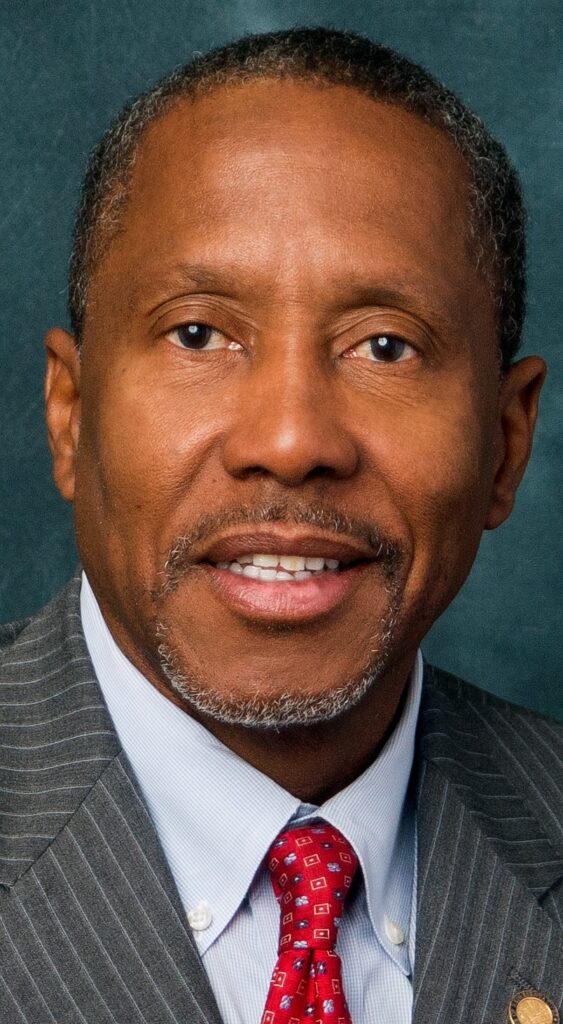
Senate supports abolishing constitution panel

NSF Staff Report
An effort to abolish an influential panel that can place proposed constitutional amendments on the ballot was backed by the Florida Senate last Thursday.
Senators voted 27-12 to approve the measure (SJR 204), which would ask voters in 2022 to eliminate the state Constitution Revision Commission. Sponsor Jeff Brandes, R-St. Petersburg, said the Constitution could still be changed through amendments placed on the ballot by the Legislature or through a public initiative process.
“People have a direct-democracy path and they have a representative-government path,” Brandes said. “But what they don’t have is an unelected bureaucrat being placed on the Constitution Revision Commission path. They don’t have donors being placed on the constitution revision path. They don’t have lobbyists being placed on the constitution revision path.”
Proponents of the proposal contend the commission in 2018 inappropriately dealt with issues that should have been left to the Legislature. The House version (HJR 1179) has cleared one committee and next would go to the Judiciary Committee.
The 37-member Constitution Revision Commission, which was set up by voters as part of the 1968 Florida Constitution and meets every 20 years, has been targeted since it put seven amendments on the 2018 ballot that were approved. That included high-profile measures designed to ban offshore oil drilling, prohibit vaping in enclosed indoor workspaces, bar elected officials from lobbying the first six years out of office and outlaw greyhound racing.
The commission, with members appointed by the governor and other state leaders, drew widespread criticism, at least in part because it bundled unrelated issues into single ballot proposals. For example, it tied together the bans on oil drilling and workplace vaping.
In voting against Brandes’ proposal, Sen. Darryl Rouson, D-St. Petersburg, said the Legislature should work to improve the commission.
“The Legislature could amend the process by requiring future CRCs to abide by the single-subject provision,” Rouson said. “It might also improve the process by prohibiting the appointment of registered lobbyists, barring currently elected state and local officials from serving and providing the CRC chair to be appointed by the committee members and not the governor.”







